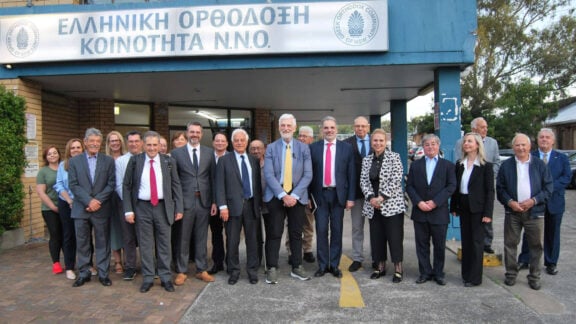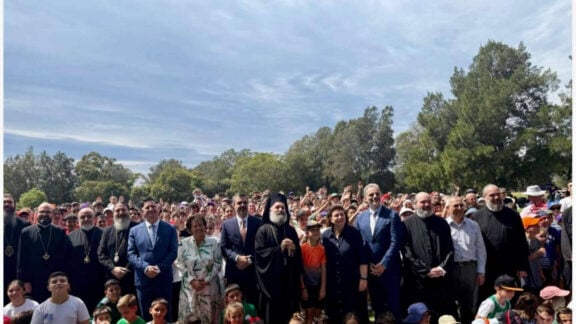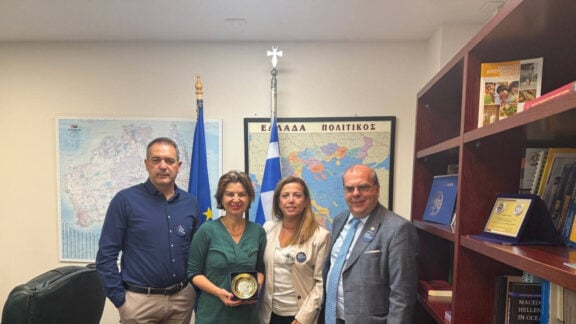Last Wednesday morning, when we were all still in shock after the devastating fires that claimed so many lives in Attiki, I was called to speak to Jon Faine’s show on ABC Melbourne. I gathered whatever facts were known at the time, stammering numbers of casualties, injured, missing, destroyed properties, followed by even more numbers: the distance of the affected areas from the Athens’ centre, the speed of the winds blowing at the time, the temperatures of a Greek July morning, how much money the government is allocating for the victims’ relief, numbers, numbers, numbers.
Numbers can be your friend, when your mind cannot conceive the magnitude of devastation. When I ran out of numbers, I tried to explain to the show host a little bit about the lack of preparedness of the Greek authorities, how people are mostly not aware of the protocol to follow, and a little bit of the specific character of the area, what it is like to build without a permit, in the middle of a pine forest, next to the seaside.
At some stage, Mr Faine interrupted my derailed train of thought, repeating a question over and over: “would Greece benefit from Australian experience?” I didn’t understand it. I avoided it once or twice, then conceded that yes, of course, any help, any kind of know-how would be beneficial.
See, I was not prepared. As a nation, we are not prepared to learn from our tragedies, to see what we can do to avoid them from happening again, to get better, to ask for an expert’s assistance. If we did, after the devastating fires of Ilia, we would have set up a protocol, of which every Greek resident would be aware, in order to follow next time something similar happened. But more than a decade later, we were none the wiser.
Australia, on the other hand, after the 2009 Black Saturday disaster, managed to rise stronger and effectively show that it respects its citizens and makes an effort to keep them safe from harm.
Now Australia is stepping up, sending experts to assist in Greece’s effort of recovery. It’s a rare chance for the nation to rise up to the occasion and benefit from the Australian know-how. In the meantime, two forces are clashing in the country.
On one side, the political system has been using the catastrophe as yet another excuse to continue a dead-end debate, the opposition demanding the resignation of the government, which tries to dismiss any responsibility for the tragedy.
On the other side, an overwhelming wave of solidarity among people, with citizens’ initiatives, NGOs, charities and everyday people, going to great lengths to look after each other and try to relieve the victims. Everyone, from millionaires offering funding to migrants and refugees selflessly volunteering to those in need, people are trying to heal the wounds.
Let’s see which side will prevail this time round.








